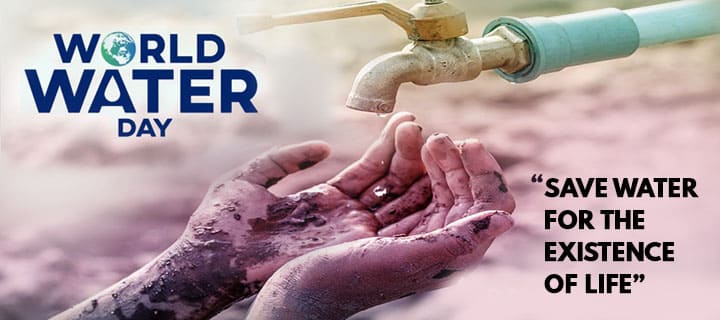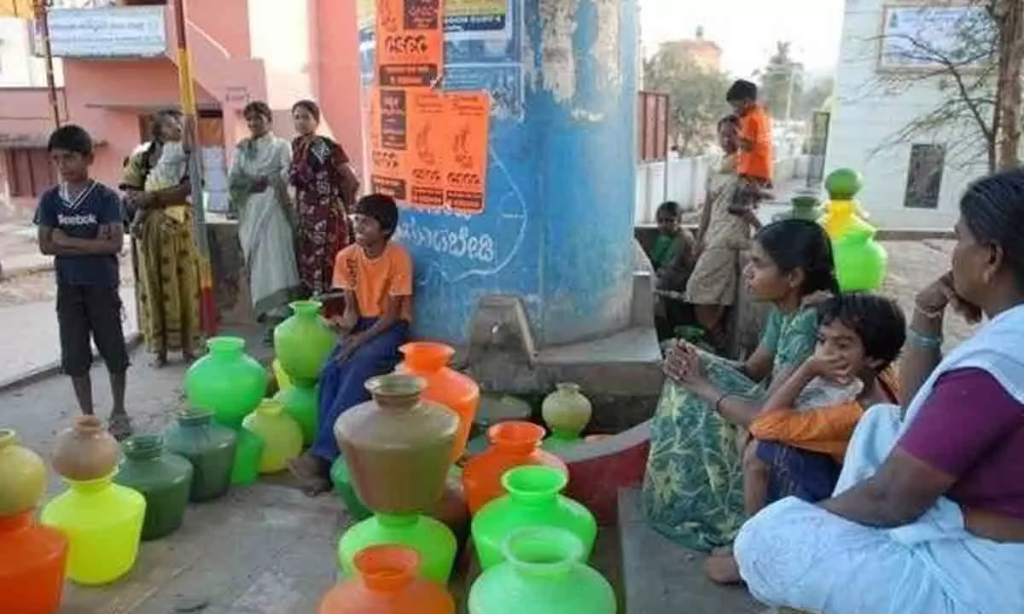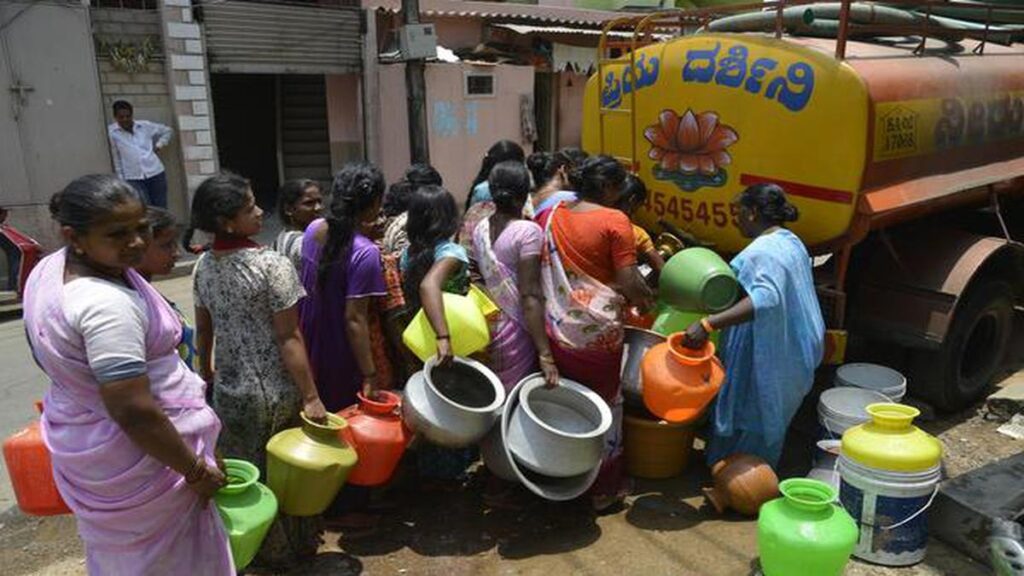As the world observes World Water Day on March 22 each year, the significance of freshwater preservation and equitable distribution takes center stage, especially in light of pressing water crises such as the one unfolding in Bengaluru. This year, as the city grapples with severe water shortages, exacerbated by overexploited groundwater, limited infrastructure, and neglect of essential water resources, the need for collective action and awareness is more urgent than ever.

Origins of World Water Day
The inception of World Water Day traces back to the United Nations Conference on Environment and Development held in Rio de Janeiro in 1992. It was during this historic gathering that the first formal proposal for World Water Day emerged under Agenda 21, a comprehensive action plan for sustainable development. Subsequently, in December 1992, the United Nations General Assembly adopted a resolution designating March 22 as World Water Day, highlighting the importance of freshwater conservation and management on a global scale.

Bengaluru’s Water Crisis: A Wake-Up Call
Against the backdrop of World Water Day, the plight of Bengaluru serves as a stark reminder of the critical need to address water-related challenges at the local level. The city, once known for its lush greenery and vibrant ecosystem, is now grappling with a severe water crisis, driven by a confluence of factors including reliance on over-exploited groundwater, limited access to centralized water supply systems, neglected lake maintenance, and underutilization of water treatment facilities.
The reliance on groundwater, in particular, has reached unsustainable levels, with numerous borewells running dry and leaving communities vulnerable to water scarcity. Media reports have identified 257 locations in Bengaluru at risk, underscoring the magnitude of the crisis and its far-reaching implications for residents, businesses, and the environment.
In response to the escalating crisis, the Bangalore Water Supply and Sewerage Board (BWSSB) took decisive action by issuing an order on March 8, prohibiting the non-essential use of drinking water for activities such as washing vehicles, gardening, and construction. While these measures are necessary to mitigate immediate water shortages, addressing the root causes of the crisis requires a multifaceted approach that addresses systemic issues and promotes sustainable water management practices.

Key Challenges and Solutions
Several key challenges contribute to Bengaluru’s water crisis, each requiring targeted interventions and coordinated efforts from government agencies, private stakeholders, and civil society. These challenges include:
- Over-Exploited Groundwater: Decades of unchecked groundwater extraction have led to the depletion of aquifers and the drying up of borewells, leaving communities without access to reliable water sources. Addressing this issue requires stringent regulations, sustainable groundwater management practices, and investment in alternative water sources such as rainwater harvesting and water recycling.
- Limited Access to BWSSB Pipelines: Many areas in Bengaluru lack access to the city’s centralized water supply network, forcing residents to rely on tanker water services or groundwater extraction. Expanding the reach of BWSSB pipelines to underserved communities and improving infrastructure resilience are essential steps towards ensuring equitable access to safe and reliable water supplies.
- Neglected Lake Maintenance: Bengaluru’s numerous lakes, once vital sources of water and biodiversity, have suffered from neglect, pollution, and encroachment over the years. Rehabilitating and rejuvenating these water bodies not only enhances water security but also contributes to ecosystem restoration, flood mitigation, and climate resilience.
- Under-Utilization of Water Treatment Facilities: Despite the presence of water treatment plants, a significant portion of Bengaluru’s wastewater remains untreated and discharged into water bodies, exacerbating pollution and contamination issues. Investing in advanced treatment technologies, promoting decentralized wastewater management, and incentivizing water reuse can help optimize the city’s water resources and reduce environmental impact.

Global Implications and Collaborative Solutions
The water crisis in Bengaluru is not an isolated phenomenon but rather a microcosm of broader global challenges related to water scarcity, climate change, and sustainable development. As climate variability and population growth exacerbate water stress in regions around the world, the imperative for international cooperation and collective action becomes increasingly apparent.
Water scarcity has profound implications for global prosperity, peace, and security, with mass migration, political unrest, and conflicts over water resources becoming increasingly prevalent in regions facing acute water stress. In this context, water cooperation emerges as a central pillar of how nations manage the impacts of climate change and work towards a more sustainable and equitable future.
On World Water Day and beyond, it is essential to recognize the interconnectedness of water-related challenges and the importance of collaborative solutions that transcend geographic and political boundaries. By fostering dialogue, sharing knowledge, and mobilizing resources, we can collectively address the root causes of water insecurity and build a more resilient and water-secure future for all.
Conclusion: A Call to Action
As we commemorate World Water Day amidst the backdrop of Bengaluru’s water crisis, let us heed the call to action and redouble our efforts to safeguard this precious resource for current and future generations. By raising awareness, advocating for policy reforms, and embracing sustainable water management practices, we can ensure that every individual has access to clean, safe, and reliable water—a fundamental human right and a cornerstone of sustainable development. Let us work together to turn the tide on water scarcity and build a future where water flows freely for all.

